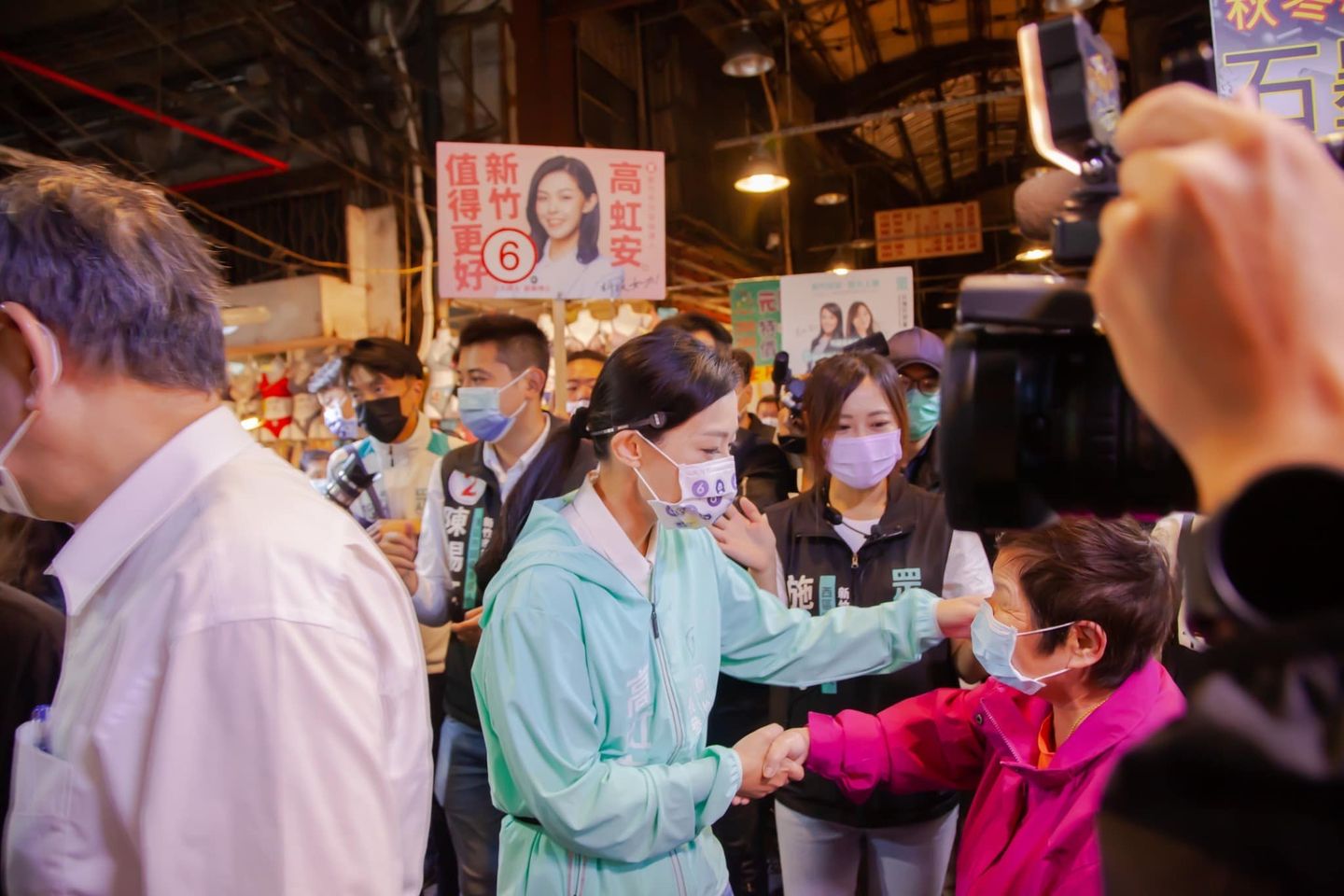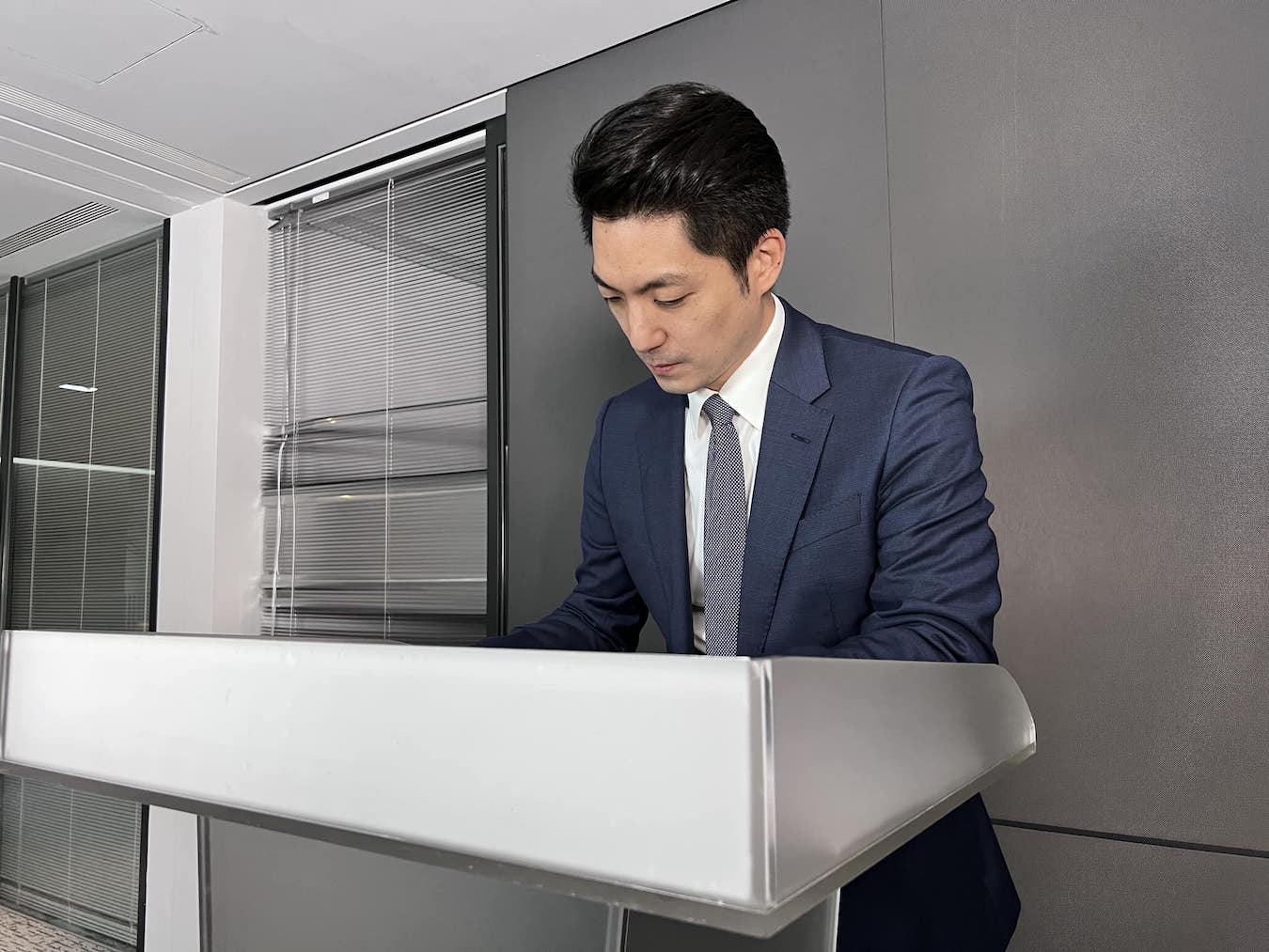by Brian Hioe
語言:
English
Photo Credit: Chiang Wan-an/Facebook
IN EVALUATION of the current election, what stands out is the number of political attacks made on candidates. Clearly, then, both major political parties in Taiwan have opted for a style of campaigning involving significant attacks on political opponents, rather than campaigning on the basis of policy or regarding the positive images of their campaigns.
Most visibly, one has seen a number of plagiarism allegations against candidates of both political stripes. This follows on the heels of plagiarism accusations against the DPP’s Taoyuan mayoral candidate, Lin Chih-chien, the former mayor of Hsinchu city, which eventually led to his master’s degrees from National Taiwan University and Chung Hua University to be rescinded. Lin eventually withdrew from the race and was replaced by Cheng Yun-peng.
After Lin’s withdrawal, plagiarism accusations have also been slung against the KMT candidate in Taoyuan, Simon Chang, who would have run against Lin. Chang is accused of plagiarizing reports from the Council of Agriculture (COA) and other government agencies, academic papers from Taiwan, Hong Kong, China, and the Netherlands, as well as Business Weekly magazine for a research project from when he was the vice president at Acer, which was carried out using funding from the COA. The report was not public, however.
 Ann Kao of the TPP. Photo credit: Ann Kao/Facebook
Ann Kao of the TPP. Photo credit: Ann Kao/Facebook
The TPP has been particularly hard hit by plagiarism charges. The TPP’s Ann Kao faced plagiarism charges for re-using research for the state-funded Institute for Information Industry (III) for her Ph. D thesis, resulting in a lawsuit from the III. Another member of the TPP, legislator Tsai Pi-ru, Tsai resigned from her post as legislator over plagiarism charges regarding her master’s thesis.
The DPP’s Keelung mayoral candidate, legislator Tsai Shih-ying, has also faced plagiarism allegations over his Ph. D from National Taiwan University’s Graduate Institute of Urban Planning. In particular, Tsai has been attacked by both members of the pan-Green NPP, which is also running a candidate in Keelung, and the KMT alike. Allegations range from that Tsai plagiarized sections of his dissertation from Chinese content farms such as Read01 and KKNews, as well as Wikipedia and Baidu. The NPP is likely to worsen its relations with the DPP by launching criticisms of its Keelung mayoral candidate, however, particularly given concerns that the NPP may split the pan-Green vote in a way that benefits the KMT. Such concerns are not new for the NPP, whose challenging the DPP is also with the aim of politically differentiating itself from the NPP.
Vitriolic attacks are also quite visible in the back-and-forth in the Taipei mayoral race. The DPP’s mayoral candidate, Chen Shih-chung, came under fire in September for an ad that seemed to make light of sexual harassment in women’s bathrooms, as part of campaign promises to replace all of Taipei’s 7,200 public toilets with electronic bidets. Apart from the cost, the plan was criticized as unrealistic given the amount of plumbing that would have to be rewired.
Chen’s opponent, Chiang Wan-an of the KMT, also previously came under fire for a proposition to set up a reservation system for bus seats. This proposal was also criticized as unrealistic and out of touch with regular members of society, as well as unaware of the policies that are already in place to assist the elderly, handicapped, or other members of the public that may have more difficulty getting bus seats.
 Chiang Wan-an of the KMT. Photo credit: Chiang Wan-an/Facebook
Chiang Wan-an of the KMT. Photo credit: Chiang Wan-an/Facebook
One expects political attacks between the pan-Blue camp and pan-Green camp to continue. It is possible that both camps have saved their best political ammunition for closer to the actual date of elections.
This is a tactic far from unheard of in Taiwanese politics. Nevertheless, past years have mostly seen an eschewing of this tactic. For example, one notes that the DPP’s initial Kaohsiung mayoral candidate, Chen Chi-mai, who is currently mayor of Kaohsiung after winning the seat in a by-election, declined to cite his KMT opponent Han Kuo-yu’s past record against him. This included refraining from using a car accident that Han was involved in that led to a fatality as political ammunition against Han, something that the Han campaign later expressed gratitude to the Chen campaign for once this became reported on much more widely.
But one notes that the current election largely has not focused on policy, in which there has been relatively little political debate about the differences in the local policy that candidates would enact. Rather, the primary determinant of voting largely seems to be party identification and the individual personalities of politicians. Consequently, it may not be surprising to note the prevalence of political smears in campaigns this year. It is to be seen how this affects election outcomes.

